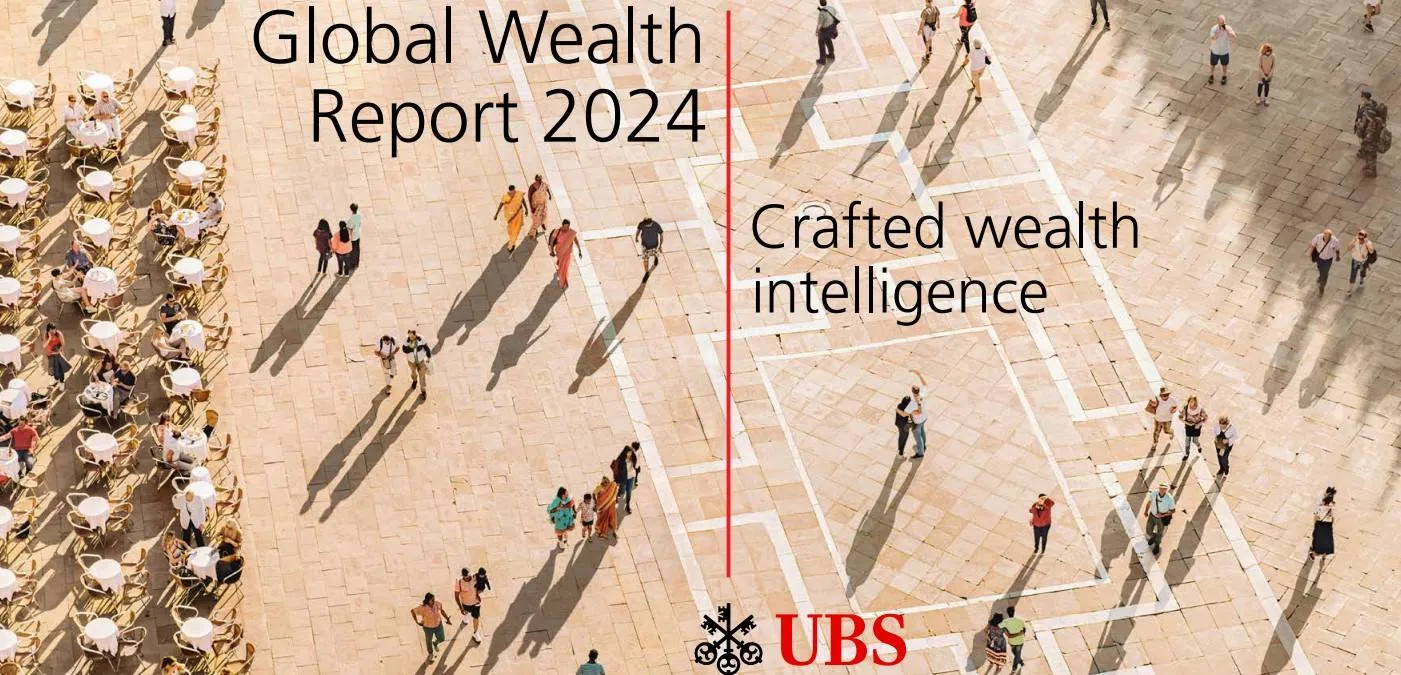UBS Report: Turkey will be the 2nd in the world with the highest increase in millionaires
Istanbul, July 10 (HNA) - The number of global millionaires is set to keep rising over the next five years, with Turkey surging to the second level in the millionaire growth rate, according to the 2024 Global Wealth Report from UBS, released on Wednesday.
Across the 56 developed and developing economies surveyed, the number of adults owning $1 million or more is expected to grow. This global trend is a testament to the evolving wealth landscape between 2023 and 2028.
Gains will be led by tech powerhouse Taiwan, where the number of millionaires is set to jump 47 percent due to the booming microchip industry and a rise in wealthy foreigner immigration. That growth was followed by Turkey (43 percent), Kazakhstan (37 percent), Indonesia (32 percent), and Japan (28 percent). Thus, the number of dollar millionaires in Turkey, which was 60 thousand 787 at the end of 2023, is expected to rise to 87 thousand 77 in 2028.
"On the upside, Türkiye stands out with a staggering growth of over 157 percent in wealth per adult between 2022 and 2023, leaving all other nations far behind. The closest are Qatar and Russia with an increase close to 20 percent, followed by South Africa with just over 16 percent and Israel with 14 percent" read the report.
Paul Donovan, chief economist at UBS Global Wealth Management, said that the U.K. currently has the third-highest number of dollar millionaires in the world, which he called “far more ... than it deserves to have as an economy.”
He added that countries such as France and Italy, where the number of millionaires is set to rise 16 percent and 9 percent, respectively, are seeing a more “natural” growth. In contrast, capital outflows would offset any U.K. growth due to various “push and pull” factors.
He said this is partly due to natural shifts in wealth distribution as the global economy undergoes structural changes and capital moves around the world.
Other factors contributing to the decline in the U.K.’s millionaire population include the country’s introduction of sanctions against Russia, which has led to a shift in wealthy Russians’ asset homes from London. Additionally, the constant search for low-tax locations by the ‘non-indigenous millionaire population’ is a significant factor, with Dubai and Singapore being popular choices.
“Some of these findings on individual wealth will come as no surprise to most readers, but others may be highly unexpected. Many people may not recognize their own country. They may feel like the reported growth or decline in wealth has passed them by without them noticing,” UBS said in the report.
That is because, in many countries, a rise in average wealth overlooks a sharp fall in median wealth — implying higher inequality, with wealth becoming more concentrated among the richest.
Of the roughly $83 trillion expected to be passed on over the next 20 to 25 years, UBS estimated $9 trillion would be transferred “intra-generationally”, or horizontally, to spouses. Due to average life expectancy and age gaps within couples, much of that great wealth transfer is set to go to women.
The preparation of the report was led by Paul Donovan, Chief Economist at UBS Global Wealth Management, Iqbal Khan, Co-Chairman of UBS Global Wealth Management and Head of UBS Asia Pacific, and Robert Karofsky, Co-Chairman of UBS Global Wealth Management and Head of UBS Americas.


















